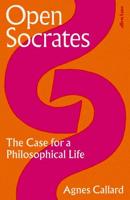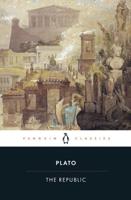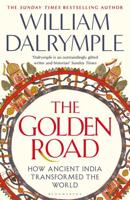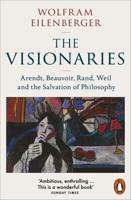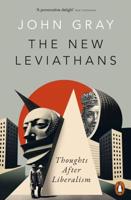Publisher's Synopsis
This is the most important book on Hegel to have appeared in the past ten years. Robert Pippin offers a completely new interpretation of Hegel's idealism, which focuses on Hegel's appropriation and development of kant's theoretical project. Hegel is presented neither as a precritical metaphysician nor as a social theorist, but as a critical philosopher whose disagreements with Kant, especially on the issue of intuitions, enrich the idealist arguments against empiricism, realism and naturalism. In the face of the dismissal of absolute idealism as either unintelligible or implausible, Pippin explains and defends an original account of the philosophical basis for Hegel's claims about the historical and social nature of selfconsciousness, and so of knowledge itself.





